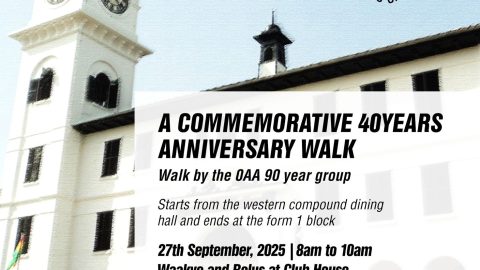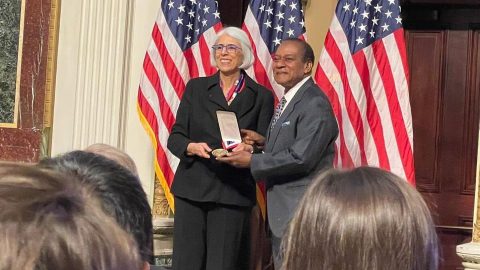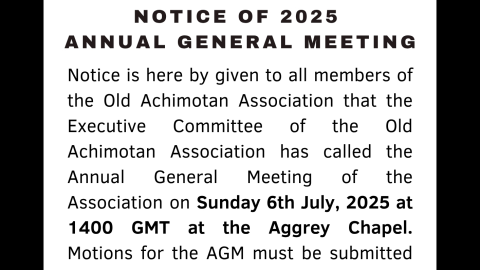Quite recently, I came across an ‘unbelievable-facts’ excerpt on Facebook that recounted how a Ritz-Carlton waiter in Dubai overheard a gentleman telling his wife – who was a wheelchair user – that it was a shame they could not get down to the beach. The waiter promptly informed maintenance about the conversation he had overheard, and by next afternoon the hotel had built a wooden walkway leading down to the beach – and a tent set up for the couple to have dinner in.
All this happened because a waiter ‘overheard’ a customer he was serving. Of course, it would have cost them money to build the walkway, but it couldn’t compare to the cost of sending-off an unfulfilled customer who had the impression that there were parts of the hotel which were inaccessible to persons with disabilities.
In today’s terms, can you imagine the reviews that client would have given the hotel on trip advisor?
This not-so-little incident that happened at the Ritz-Carlton got me asking a lot of questions. The first being: is customer service the responsibility of front-liners only? The answer was quick and clear. No, it is not! Yes, it took a person at the front-line to overhear a conversation, but he needed maintenance to fulfil the necessary action. Maintenance would also have required assistance from Procurement, which would have needed budget approval from Finance to engage. Very often, organisations overlook the fact that it takes the whole team working together to ensure the service delivery experience is spectacular.
When the ‘head’ is rotten or detached from the service experience, important information such as ‘overheard’ conversations do not get acted on. Front-line team members can work with confidence and a smile when they have assurance that the support staff is available to help deliver to customers.
What happens at the front line is a reflection of the organisation’s leadership and support functions. How management treats their people, how internal departments relate to each other, and how matters concerning our customers’ needs are addressed all impact the service experience.
Customer service begins long before consumers of the service meet our organisation. There are people who check reviews and ratings before they engage. This means should there be an adverse service review out there, it will shape and form the perceptions of prospective customers before they engage. It is therefore important as a service organisation to ensure every client encounter is exceptional, as there is no telling when an unsatisfied client will lead the service encounter process.
Here are a few pointers that can help any organisation drive their exceptional customer service agenda:
Empower your people – This should cut across all cross-sections of the organisation. An empowered team is not afraid to go the extra-mile to delight customers.
Reward exceptional actions and celebrate milestones – This will serve as a source encouragement to other team members
Train, train and train again! – We must learn to unlearn and learn again to be better at what we do. Training need not be only formal. Informal training, on-the-job training, real life experiences etc. are all essential in building an exceptional customer service track record.
Understand your clients – Know who you are serving, understand them and make a conscious effort to meet their expectations.
Be open to feedback from your clients, and take the information received from them seriously.
Do not take customer complaints for granted. Understanding why the ball was dropped and how you prevent it from happening in future only makes you better.
Customer service should not be a preserve for the front-line only. Internal engagements also require the same amount of customer etiquette – there is always a customer at the end of the line. It is therefore important to handle requests and queries from colleagues with the same amount of urgency and courtesy.
Clearly, delivering a stellar client experience requires the whole organisation’s effort. It is not a preserve of the front-line! #LetsWinTogether!










